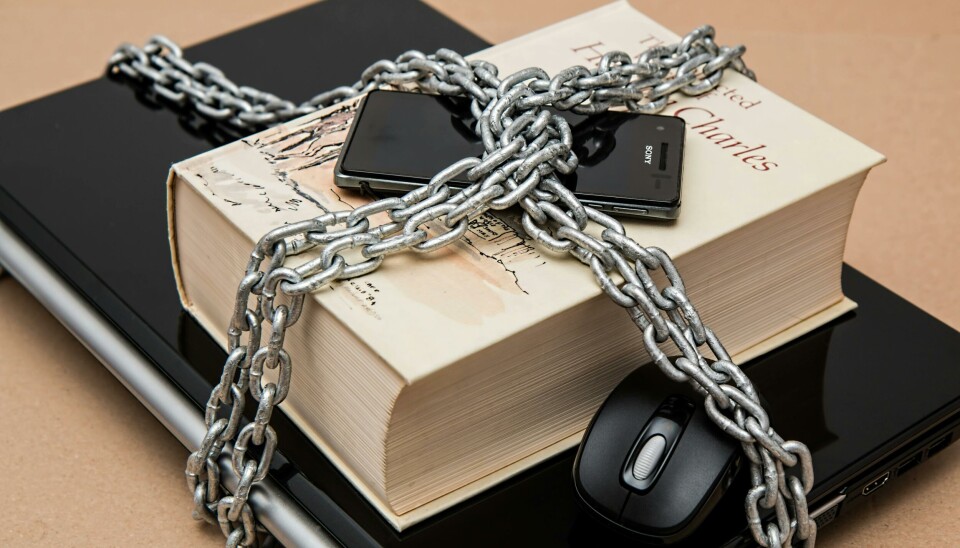Copyright : Re-publication of this article is authorised only in the following circumstances; the writer and Africa Legal are both recognised as the author and the website address www.africa-legal.com and original article link are back linked. Re-publication without both must be preauthorised by contacting editor@africa-legal.com
Modern IP laws needed to curb digital piracy

One of the biggest threats to intellectual property (IP) owners in Africa is the emergence of social media. With traditional laws lagging in the digital landscape, lawyers are suggesting ways to close this loophole, writes Pelumi Abdul.
As has happened in the rest of the world, social media has become a core part of daily life in Africa, revolutionising business interactions and communication. Despite the positive aspects, like the exciting opportunities and innovative creativity models fostered by social media, there are many negative spinoffs, including that IP infringements have soared.
Traditional laws have battled to effectively protect inventions, copyrights, trademarks and designs. According to a report produced by Templars Law, companies lose no less than US$17 million annually due to IP violations, with over 10% of these committed through social media.
“The rapid expansion of social media has indeed created unique challenges for intellectual property protection in Africa,” noted Reneé Caprari, a South African legal practitioner. “Current IP laws and conventions often lag behind the fast-evolving digital landscape, leaving creators vulnerable to infringement without effective recourse. Unlike traditional media, social media platforms enable rapid, often anonymous sharing of protected content, making it difficult to trace and penalise IP violations.”
Caprari believes that modernised IP legislation, regional cooperation and harmonisation will help curb the difficulties. “Africa’s IP laws need updates to incorporate digital provisions, including clauses that specifically address online platforms’ roles. By doing so, the laws can clarify intermediary liability, making platforms accountable for infringing content shared on their networks. This would not only discourage piracy, but also encourage platforms to proactively manage and protect IP,” she said.
“Given the cross-border nature of digital content, African countries may also benefit from unified, regionally coordinated IP policies that address social media challenges. Institutions like the African Regional Intellectual Property Organisation (ARIPO) and the African Intellectual Property Organisation (OAPI) could lead in developing these regional frameworks,” Caprari added.
Africa's digital marketplace is a huge hub for African digital economies and also represents a massive market for social media companies. As such, Edwin Gakunga, a legal practitioner in Kenya, believes that enabling better protection of IP would benefit all social media stakeholders across the continent.
“The focus should include working with social media platforms to establish and regulate mechanisms of self-regulation to build better IP safeguards,” Gakunga commented. “Imagine if every platform operating in Africa had to include certain mandatory protective features like content screening when someone uploads, digital watermarks to track ownership, and simple ways for creators – even users – to report violations. Crucially, these in-app controls would need to work in harmony across African markets regardless of the diverse African languages,” he said.
“In addition, implementing a technical infrastructure that includes AI-powered content monitoring systems and blockchain-based verification, content attribution tools, streamlined in-app dispute resolution processes, and capacity building for users, creators, local content moderators, digital rights specialists, government regulators, and the like will be key to achieving (these) goals” Gakunga added. “YouTube's success with its Content ID system which helps copyright owners identify and manage their content on the platform offers a promising benchmark that could be adapted for Africa's needs across various social media platforms.”
